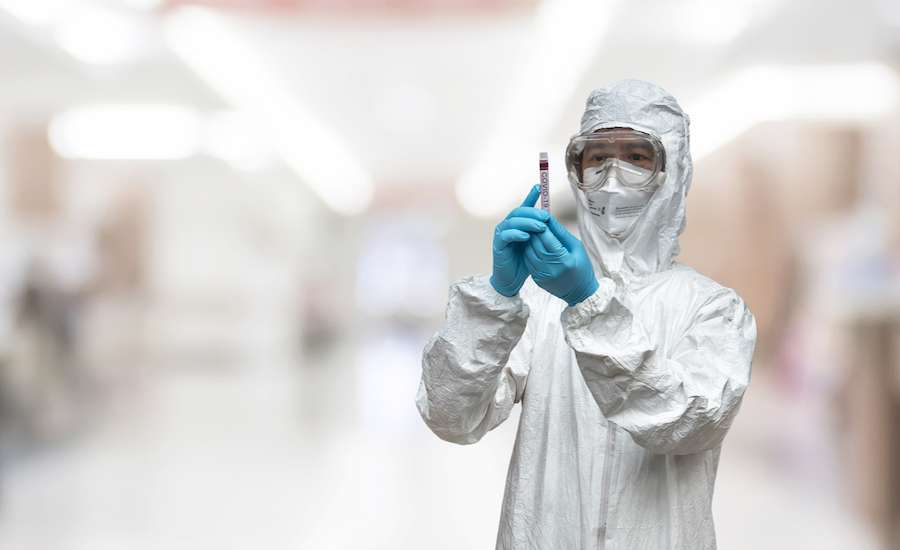
Formation
Who will win the debate about science?
June 11, 2020
“At a time when things are most uncertain, we turn to the most certain thing there is: science.”
So begins a television ad that the Pfizer corporation began running in April, to celebrate efforts by its scientists and others to develop treatments and a vaccine for COVID-19. “Science will win,” the ad declares.
I am grateful for these efforts against the pandemic and I hope they succeed. But my applause is muted by Pfizer’s broad claim that “we’re taking our science and unleashing it” because we must give full rein to “the power of science.”
That power is enormous but can endanger as well as serve humanity. It can be used to heal the victims of violence or to develop biological, chemical and nuclear weapons that take millions of new victims. Even its well-meaning applications in peacetime can have devastating unintended consequences.
Environmental science and the discovery of new energy sources may yet help prevent the destruction of our common home on Earth – but the threat of that destruction arises in large part from science’s role in developing the Industrial Revolution and our current energy sources.
Pfizer itself markets the drug Cytotec to prevent certain stomach ulcers, with stern warnings that it should not be used for this purpose by pregnant women. It turns out that Planned Parenthood and others use the same drug, whose chemical name is misoprostol, together with mifepristone (RU-486) to perform chemical abortions.
By worshipping science, we risk bestowing on it an independent moral force it cannot provide. A case in point was the public debate that began over 20 years ago on research using stem cells obtained by destroying human embryos.
Many scientists and public figures dismissed those who raised moral concerns about this approach, claiming that these critics were opposing “science” in its drive for wonderful cures. In their view, a win for science required ignoring such concerns.
But a Japanese scientist, Shinya Yamanaka, shared these moral concerns about the dignity of human life and sought another path. He discovered a way to reprogram a grown human being’s own cells to make them as versatile as embryonic cells. These “induced pluripotent stem cells” and other alternatives have far outdistanced cells from embryos in advancing science and medicine.
Dr. Yamanaka won the Nobel prize for medicine, and even scientists who had developed human embryonic stem cell research heaved a sigh of relief that they could now pursue their goals without moral qualms or controversy.
A similar debate has emerged about the development of a vaccine against the coronavirus, as researchers must decide whether to culture the vaccine in tissue obtained from the innocent victims of abortion.
Whether this debate will have a similar happy ending is not yet clear. But as with embryonic stem cells, the real debate will not be between “science” and its opponents – it will be between science without a moral compass and science guided by one.
The Pfizer ad claims that “when science wins, we all win.” Science can indeed be unleashed against any opponent. But even more certain than science is original sin, which G.K. Chesterton called “the only part of Christian theology which can really be proved.”
And as C.S. Lewis warned during World War II in his classic work “The Abolition of Man,” science’s power over nature becomes more ominous when it becomes some human beings’ power to exploit fellow human beings. “The battle will be won,” he wrote. “But who, precisely, will have won it?”
Doerflinger worked for 36 years in the Secretariat of Pro-Life Activities of the U.S. Conference of Catholic Bishops. He writes from Washington state.